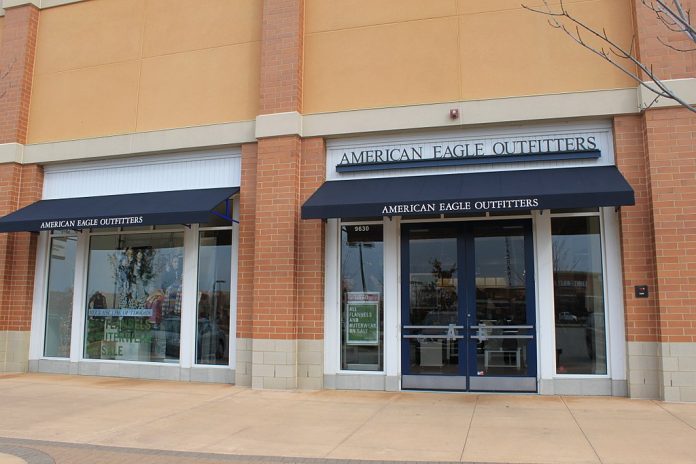Based on a publication from Ben Unglesbee in Retail Dive, Omicron ‘unlikely to derail’ economic growth: Moody’s.
Omicron es poco probable que descarrile el crecimiento económico: Moody’s
Dive Brief:
- Disruption from the rapid surge of the omicron COVID-19 variant is likely to be temporary and is «unlikely to derail» the economy’s «solid expansionary path,» Moody’s analysts said in a recent report.
- «Strong December retail sales and an improvement in consumer confidence confirm our view that the consumer response to each successive virus wave is becoming more muted,» the analysts said.
- Inflation, on the other hand, is likely to stick around for a while yet, but will moderate, according to Moody’s. «[W]e now expect the carryover effects from higher goods prices to extend into the second half of this year as demand-supply issues for goods are taking longer to resolve,» the analysts said.
Dive Insight:
For retail, the year 2021 was defined in large part by a fierce rebound in consumer demand. That demand lifted sales across much if not most of the entire industry, and it stressed supply chains throughout the country.
That mismatch was driven in part by vaccine access — which U.S. consumers had plenty of by mid-year and many manufacturing-heavy countries had in limited measure.
It was also much easier for U.S. consumers to return to stores once they felt comfortable than it was for factories, ocean carriers, warehouses and other links in the chain to ramp up capacity especially after the many disruptions of 2020.
The upshot was that consumers in large measure returned to stores, refreshed their wardrobes for outings and otherwise showed optimism around both the pandemic and the economy. And then omicron happened.
Some retailers have already reported the ways that the new variant has disrupted their business, both through staff shortages as employees fall ill or quarantine, or through reduced sales, or both.
B. Riley Securities analyst Susan Anderson noted this week that a handful of apparel retailers — American Eagle Outfitters, Abercrombie and Fitch, Lululemon and Urban Outfitters — have issued estimates below or at the low end of prior expectations. The low-end estimates were «all due to issues from COVID impacting store labor/traffic, capacity, supply chain, inventory, and freight costs,» Anderson said in a research note pegged to the ICR conference for investors.
Even with supply chain costs weighing profits and omicron pressuring sales and store capacity, apparel companies at the conference were «cautiously optimistic heading into 2022» as they anticipate «strong consumer demand to continue once past omicron» and expect freight costs to come down in the second half of 2022, Anderson said.
One wildcard for the year ahead is how the continued recovery will play out. One pressure on supply chains was the uneven nature of the U.S. rebound in spending. As the Moody’s team pointed out, demand for goods surged in 2021 but demand for services did not, as many continued to avoid restaurants, hotels and other experiential forms of consumption with the pandemic still a threat. As a result, inflation for goods for the year was high while inflation was tamer for services.
How demand for goods and services progress separately could shape the response of supply chains and prices going into 2022.
This article was originally published in Retail Dive









